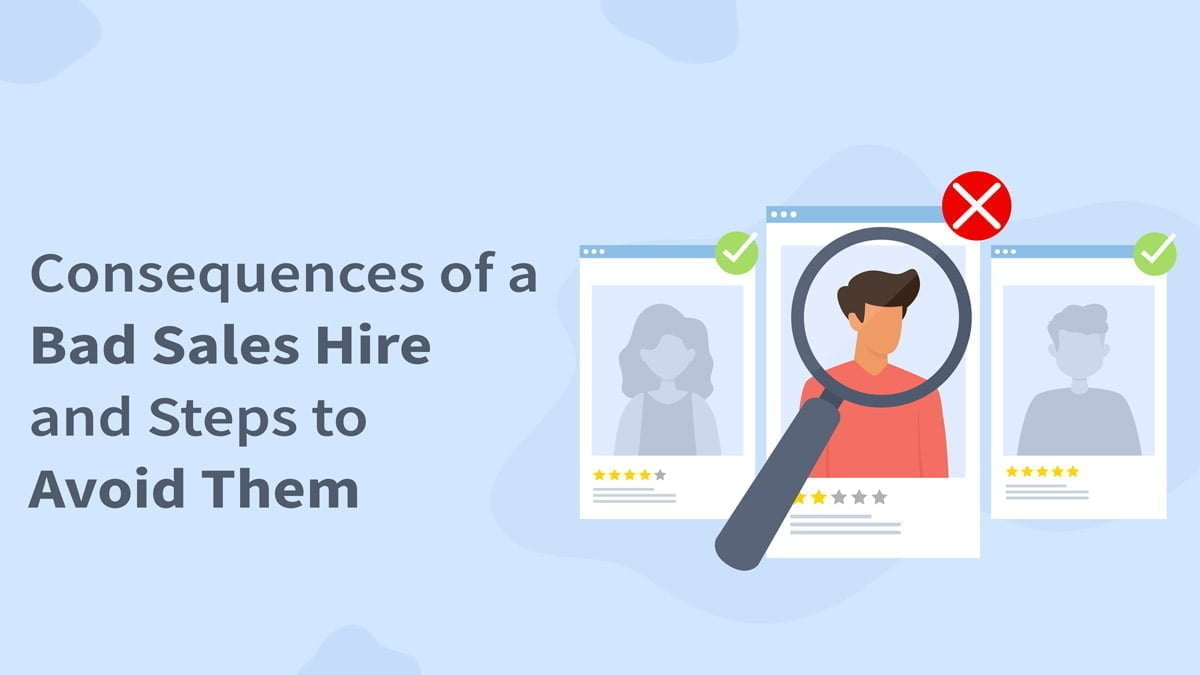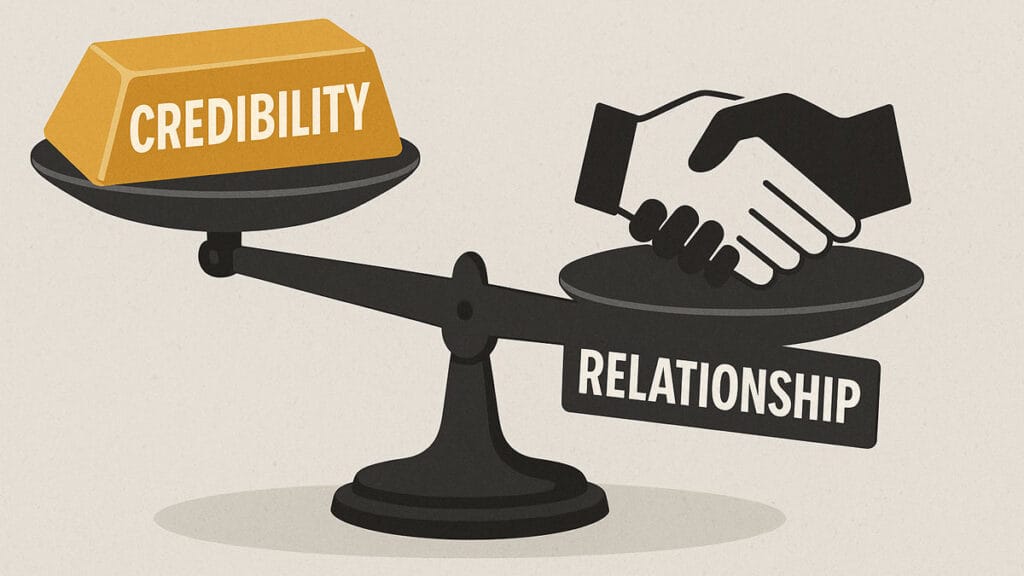Sales talents are a critical component of any organization as they are the ones responsible for a company’s revenue growth.
Hiring high-performing sales talents ensures your sales team becomes a competitive advantage for your organization.
In contradiction, a wrong sales talent can have a negative impact on organization’s growth.
Any organization with the wrong sales talent can lead to lost opportunities, decreased productivity, and ultimately, a decrease in revenue.
Want to hire top sales talents in faster timelines?
Send your sales talents requirements to us and we will help you hire high performing sales talents 40% faster.
(Only for companies in B2B space)
In this blog, we will explore the impact of hiring wrong sales talent and what steps can be taken to avoid it.
The Cost of Wrong Sales Hire
1. Potential Revenue Loss
A wrong sales talent may not be able to identify opportunities and may miss potential sales.
Let’s take an instance if a sales talent is not good at building relationships, then they may not be able to develop a rapport with potential prospects/customers, and as a result, they may not be able to close the sale.
This can further lead to lost opportunities and a decrease in revenue.
2. Decrease in Productivity
A wrong sales talent may not be productive, which may lead to the loss of potential prospects, and opportunities and eventually decrease in revenue.
For example, if a salesperson is not good at time management, they may not be able to prioritize their tasks effectively.
This can result in missed deadlines, delayed responses to customers, ineffective follow up’s, and ultimately, lost sales.
3. Negative Impact on Customer Satisfaction
As sales team is the one constantly in touch with the customers they play a critical role in ensuring customer satisfaction (CSAT).
If a salesperson is not good at communication, he/ she may not be able to understand the customer’s need & need behind the need and provide them with the right solutions.
This can hamper customer experience, which can ultimately impact the organization’s revenue and credibility/reputation.
4. Decrease in Customer Loyalty
Customer loyalty is crucial for any organization’s growth and success.
If a salesperson is not able to build healthy relationships with customers, he/she may not be able to retain them.
Thus leading to decrease in customer loyalty, which can further impact the organization’s revenue in the long run.
5. High Attrition
This always creates a negative impact on the sales team’s productivity, morale, dynamics, and of course revenue.
In a general scenario, it takes close to 4 months to hire a sales representative and further, at least two quarters for him/her to start performing.
In such a situation any hire leaving an organization not only impact revenue loss but other aspects like time, resource spent on enabling.
Parallelly there will be anxiety and uncertainty among other team members as well.
Steps to Avoid a Wrong Sales Talent Hire
Organizations can take these steps to avoid hiring wrong sales talent and minimize the impact on revenue.
1. Define your Ideal Candidate Profile
The first step in sales recruitment is to clearly define what is your ideal candidate profile.
This includes identifying the key skills of the salesperson, domain expertise, product/service knowledge, industry knowledge, market trend, must-to-have, and good-to-have traits, coachability rate, and willingness to learn more.
Defining an ideal candidate profile in the start itself is always a best practice for recruiting sales talents, and this will avoid any bad hire outside the ideal candidate profile.
2. Use Behavioural Assessments
Organizations can use behavioral/psychometric assessments to identify the right candidates for the role.
These assessments can provide insights into a candidate’s personality, work style, and communication style, which can help determine if they are a good fit for the role and the organization.
3. Pay Attention to Red Flags
Be mindful of warning signs that a candidate may not be a right fit like – inconsistent employment history, lack of enthusiasm or energy, work ethic, curiosity about the role/company, integrity, and honesty.
4. Identify Clear Criteria for Success
Identify the key performance indicators (KPIs) that you will use to evaluate the candidate’s performance in the role.
This will help you identify the skills and qualities that are most important for success in the role.
Additionally, give a realistic idea of what the job entails, the challenges, and the expectations as this will further ensure they are a good fit for the role and reduce turnover.
Conclusion
Sales talent is a critical aspect of any organization’s growth and success.
To achieve the desired business objectives and goals, organizations must try to emphasize avoiding bad hires thus mitigating the overall risk and ultimately leading to better hiring decisions and a stronger sales team.




